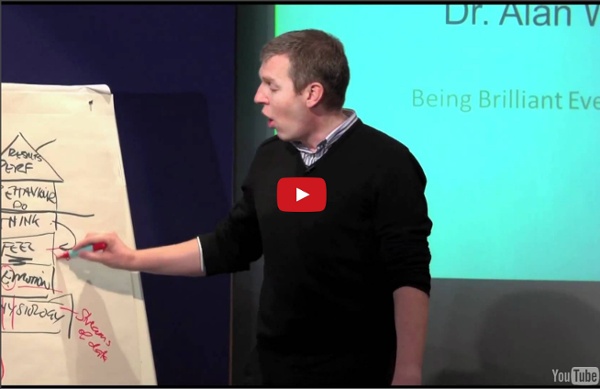



Mindmapping, concept mapping in 3D What makes a hero? - Matthew Winkler The Hero Archetype in Literature, Religion, and Popular Culture: (along with a useful PowerPoint presentation teachers can download at this URL: ) Maricopa Center for Learning and Instruction (users embark on their own hero's journey): An American Masters Lesson from PBS for Teachers on George Lucas, the Power of Myth, and the Hero's Journey: And an interactive approach to the Hero's Journey: And of course, information about Joseph Campbell's works on the subject, on the Joseph Campbell Foundation site: The Hero With A Thousand Faces The Hero's Journey (semi-biographical film): Challenge the paradigm.
Funding Circle - Invest in UK businesses and earn a great interest rate - Peer to Peer lending This estimated return is your return after fees and bad debt, but before tax. This calculation takes your bid rate and deducts the 1% annual investor fee and estimated bad debts for this risk band (based on a fully diversified portfolio lending to all businesses within that risk band). Annualised, estimated bad debts by risk band are: A+ = 0.6% (ie, each year we expect 0.6% of all loans to A+ businesses to become bad debts) A = 1.5% B = 2.3% C = 3.3% C- = 5% These estimates are provided as a guide only. GTD Working backward to solve problems - Maurice Ashley See Maurice Ashley's blog here. He's the international chess grandmaster, and his motto is, "Your passion is your window to the world." In chess, retrograde analysis is a computational method used to solve game positions for optimal play by working backward from known outcomes (e.g. checkmate), such as the construction of endgame tablebases. In game theory at large, this method is called backward induction. Here is a list of requirements (the whole handbook, actually) for a chess grandmaster.
Born to Learn ~ Home Richard Wiseman The most popular 20 TED Talks, as of now UPDATED: To see all these talks at one click, check out our updated Playlist: The 20 Most Popular Talks of All Time. As 2013 draws to a close, TED is deeply humbled to have posted 1600+ talks, each representing an idea worth spreading. So which ideas have had the most widespread impact? Below, a look at the 20 most-watched talks as of December 2013. Some fascinating things to notice on this list, if you’d like to compare and contrast it to the most popular talks in 2012, and to the list we shared back in 2011: Amy Cuddy, Susan Cain, David Blaine and Pamela Meyer are all newcomers to the list, with Cuddy’s talk storming to spot #5 thanks to you sharing it. But what really makes this list so incredible is the fact that it spans so many areas of interest, from education to happiness, statistics to creativity, tech demos to illusions. UPDATED: To see all these talks at one click, check out our updated Playlist: The 20 Most Popular Talks of All Time.
Chant Photograpy Music